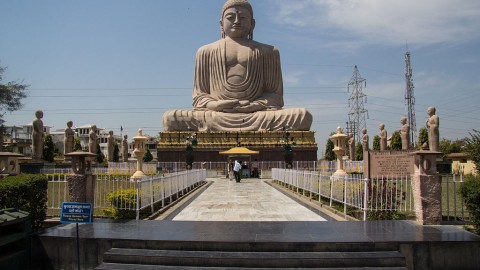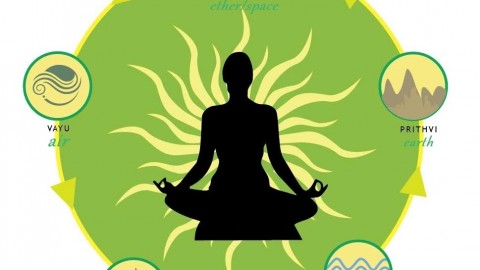Why Do We Freeze
Why do we freeze when we’re scared?
The idea of our bodies preparing to fight or fly makes good sense from a survival standpoint — but how would freezing be of any use? An animal that simply stands rooted to the spot would make an easy snack for a predator, you might think.
When they are frightened, most animals freeze for a few moments before they decide what to do next. Sometimes, staying motionless is the best plan; for instance, if you are a small mammal or if you are well-camouflaged, staying still could save your life.
A 2014 study identified the neurological root of the freezing response. It is generated by cross-talk between the periaqueductal gray (PAG) and the cerebellum. The PAG receives various types of sensory information about threats, including pain fibers. The cerebellum is also sent sensory information, which it uses to help coordinate movement.
The researchers found a bundle of fibers that connect one region of the cerebellum, called the pyramis, directly to the PAG. Messages that run along these paths cause an animal to freeze with fright.
The fear response has kept us alive. It is primal, and we should respect it. At the same time, it can be unpleasant and interfere with people’s day-to-day functioning. However, paradoxically, fear is also the source of a highly enjoyable adrenaline rush.
Fear inspires filmmakers, roller coaster designers, psychologists, neuroscientists, and everyone in-between. It is a fascinating and multifaceted human emotion.
Manipulation:
Fear may be politically and culturally manipulated to persuade citizenry of ideas which would otherwise be widely rejected or dissuade citizenry from ideas which would otherwise be widely supported. In contexts of disasters, nation-states manage the fear not only to provide their citizens with an explanation about the event or blaming some minorities, but also to adjust their previous beliefs.
Fear can alter how a person thinks or reacts to situations because fear has the power to inhibit one’s rational way of thinking. As a result, people who do not experience fear, are able to use fear as a tool to manipulate others. People who are experiencing fear, seek preservation through safety and can be manipulated by a person who is there to provide that safety that is being sought after. “When we’re afraid, a manipulator can talk us out of the truth we see right in front of us. Words become more real than reality” By this, a manipulator is able to use our fear to manipulate us out the truth and instead make us believe and trust in their truth. Politicians are notorious for using fear to manipulate the people into supporting their will. Through keywords and key phrases such as, “it is for your safety,” or “it is for the safety of this country,” politicians invoke fear within people that their safety is at stake, and people will ultimately follow in line in order for their safety to be restored.
Tags: Be In Action










